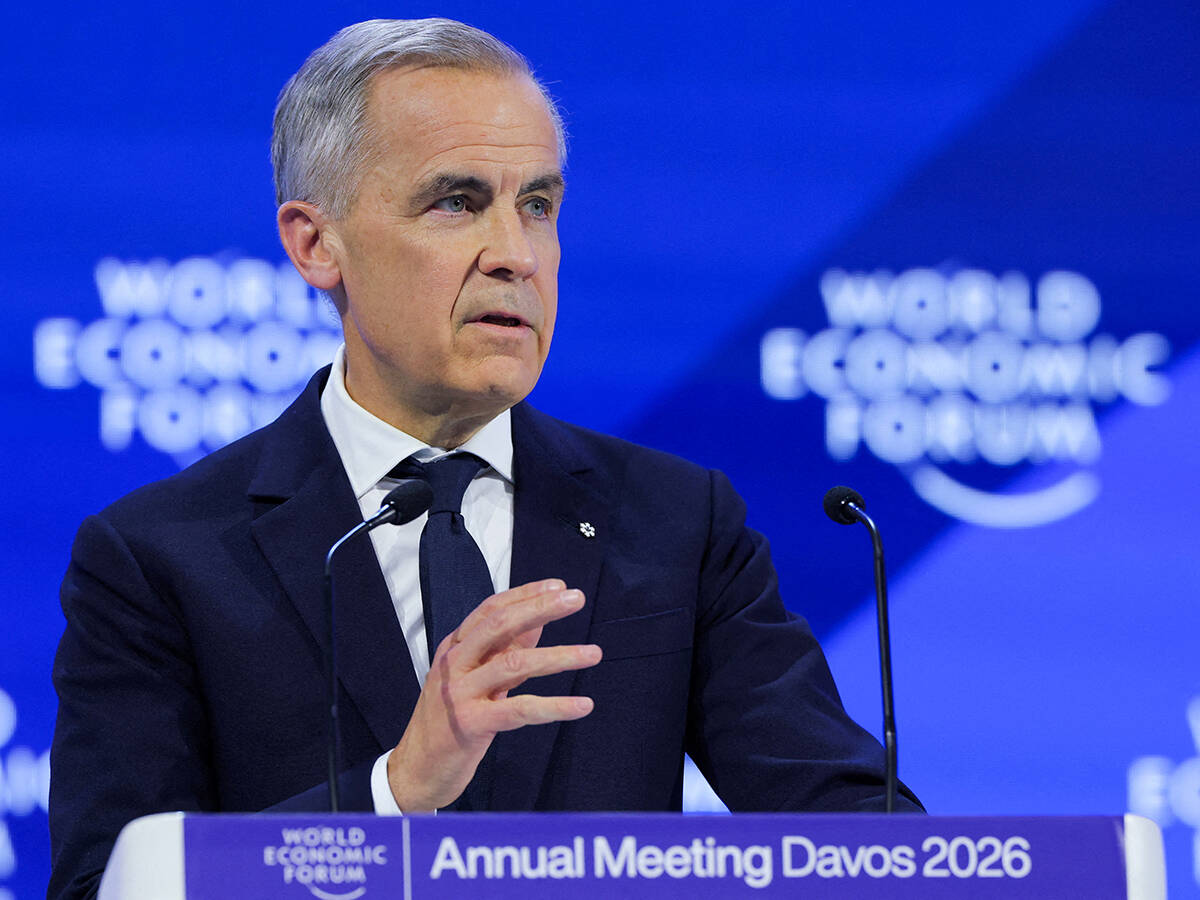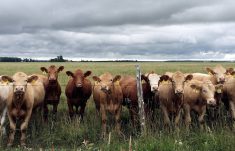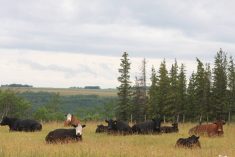As the Canada-Europe Trade Agreement was negotiated over the last few years, it’s been touted as a game-changing deal that opens up a potentially massive market.
That may well be, but it would appear for most agricultural commodities, that’s going to be an ‘easier-said-than-done’ scenario, at least for the foreseeable future.
Ottawa has made much of the fact that, to quote Agriculture and Agri-Food Canada’s website, “With CETA’s provisional application, almost 94 per cent of the EU agricultural tariff lines are now duty free…”
Read Also

Canadian agriculture has to back up diverse trade if it wants it
Cheap and easy access to U.S. trade is a relic of the past and market diversification is expensive: What’s Canadian agriculture to do?
However, as our Ottawa correspondent Alex Binkley reports it’s not quite so simple as all that. While a lot of tariffs may have been eliminated, it would seem plenty of barriers remain.
Over the next six years Canada’s annual quota for beef shipped to Europe will grow from 15,000 tonnes to 65,000 tonnes annually. Over the same period, pork quota will grow from 6,000 to 75,000 tonnes.
However, production issues such as the Canadian use of growth-promoting hormones and meat-processing protocols promise to cap that number at a far lower level until they are ironed out.
In grain and oilseed production, there are similar promises that duties such as a $190-a-tonne tariff on high-quality durum wheat, to cite just one example, will disappear.
What that fails to address is the reality that a lack of harmonization in pesticide and biotechnology approvals still promises to raise hurdles to trade for the foreseeable future.
Another issue for grain producers is the recent move in the major durum market of Italy to introduce country-of-origin labelling for pasta and rice there, throwing up yet another roadblock to enhanced trade.
In the meantime, Ottawa’s attention appears to have moved on to cutting new deals with China, the U.K. and NAFTA renegotiations.
That’s worrisome. Without a concerted effort to resolve these issues, Canada may never gain its promised market access.

















